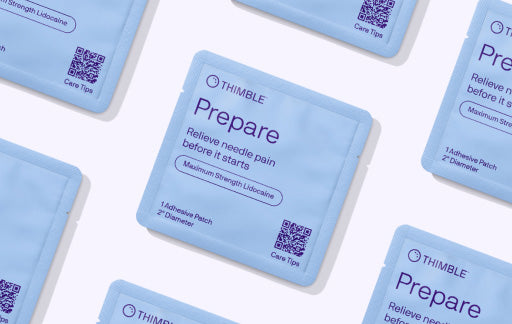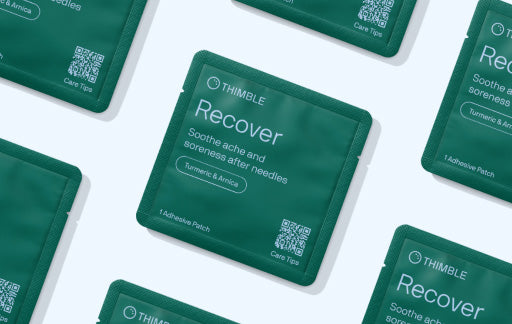A few months ago, an oncologist friend, Dr. Liudmila Schafer, told me that numerous patients of hers were distraught because they couldn’t get their numbing cream, commonly referred to as “EMLA.” The prescription, which combines lidocaine and prilocaine, became unavailable due to a recall. This topical anesthetic reaches maximum efficacy when left on for 2–3 hours. The cream tends to melt on the skin and can get a bit messy, but when sealed with a dressing, it can be very helpful to numb the skin.

Cancer patients go through so much—and so many needles—with countless injections, infusions, and blood tests. Many hematologists and oncologists regularly prescribe EMLA to ease needle pain during procedures, including intravenous therapy through ports. These ports (formally known as portacaths) are devices used in cancer patients to draw blood and give treatments, often for chemotherapy or antibiotics. Many people don’t realize that a needle must be inserted to place the port under the skin.
Even though a port improves convenience and reduces risk of tissue damage from leaked chemotherapy drugs, many patients still experience pain from the insertion site and from the needle sticks themselves. That pain can be demoralizing and agonizing—and terrifying for some. According to one recent paper,¹ somewhere between 17% and 52% of cancer patients experience needle fear. The paper shows there are few solutions available to address needle fear among adults experiencing chronic disease. But we at Thimble™ know they deserve care and comfort—and key to that is an effective numbing agent.
The EMLA cream recall has been devastating for many. Thankfully, it was not issued because of quality or safety concerns with the product, but because the lots were not packaged in child-resistant packaging. This is an important reason, given the serious risks improperly packaged medication can pose to young children, but hopefully there will be a quick resolution. This moment highlights the need for alternative options that are safe, affordable, and widely available. We are working on solutions, and I hope that we can provide comfort to cancer patients and beyond soon so that a single product recall never blocks access to needle care again.
¹ Duncanson, Emily et al. “The prevalence and evidence-based management of needle fear in adults with chronic disease: A scoping review.” PloS one vol. 16,6 e0253048. 10 Jun. 2021, doi:10.1371/journal.pone.0253048


